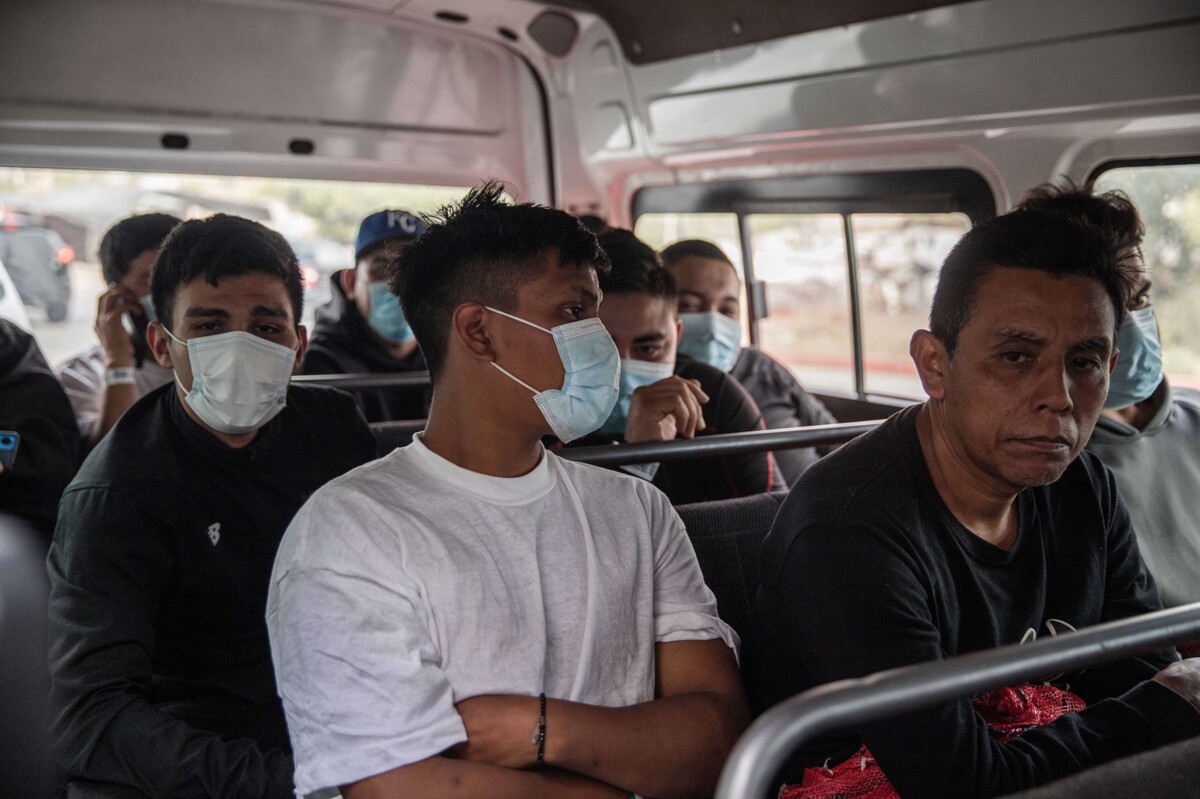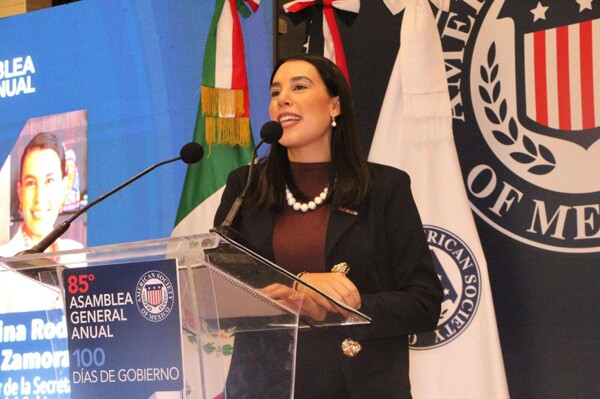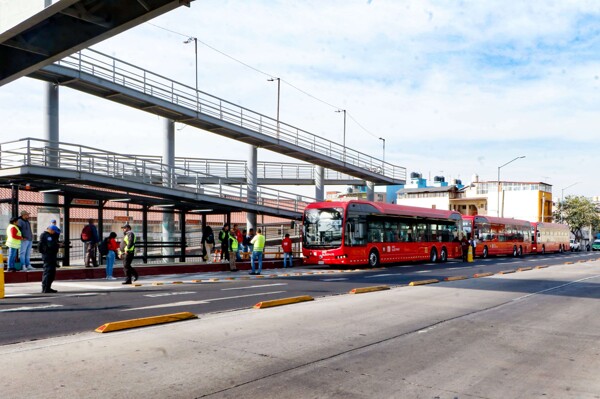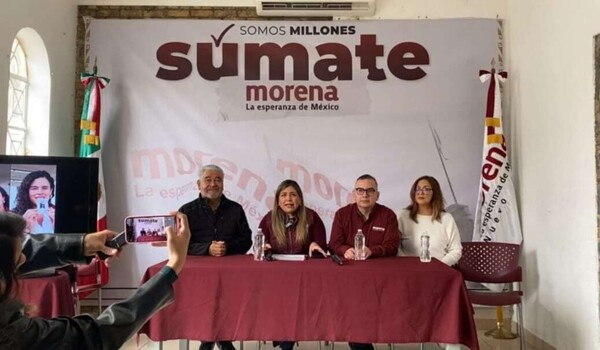
The Migration Commission of the Chamber of Deputies unanimously approved reforms to the Migration Law to simplify the identity of migrants and ensure a migration policy with immediate institutional support programs. The aim is to facilitate the return and social reintegration of Mexican migrants and their families, strengthening the ties between the communities of origin and destination of Mexican emigration.
Among the modifications made are the inclusion of inter-institutional support programs for identity, health, education, labor, financial inclusion, and taxation in the migration policy. Article 36 was also revised to allow Mexicans to prove their nationality with the Citizen Identity Card, Personal Identity Card, Unique Population Registry Code (CURP), or its equivalent. It emphasizes that Mexicans will not be deprived of the right to enter national territory.
The president of the Migration Commission, Marcela Guerra, highlighted the importance of simplifying the procedures for the identity of migrants arriving in the country. The aim is for the CURP to be recognized as a valid document on its own, without the need to present a passport or birth certificate, which will facilitate reintegration and provide legal certainty to returning nationals.
The reforms seek to ensure that deported migrants can access health, education, and work services in Mexico. The goal is to improve family well-being and regional and national development through the implementation of programs that strengthen ties between the communities of origin and destination of Mexican emigration.














